Free shipping order over 20,000
Major Mitchell’s Cockatoo
₨ 4,375,000 Original price was: ₨ 4,375,000.₨ 3,500,000Current price is: ₨ 3,500,000.
Scientific Name:
Lophochroa leadbeateri
Size:
- Major Mitchell’s Cockatoos typically range from 35 to 40 cm (14 to 16 inches) in length.
Color: - These cockatoos are characterized by their soft pink body, white wings, and tail. Their most striking feature is the crest, which is a vivid blend of red, yellow, and white, giving them a distinctive appearance when raised.
Beak: - Their beak is pale in color, strong, and curved, perfectly suited for cracking nuts, seeds, and other tough foods they encounter in their diet.
Eyes: - The eyes are usually dark brown, with a bare skin ring around them that can be white or slightly pinkish.
Legs and Feet: - Grayish in color, with zygodactyl toes (two toes facing forward and two backward), which allow them to grasp branches securely and climb efficiently.
SKU: REF. LA-5766-10-1-1-1-1-1-1-1-1-1-1-1-1-1-1-1-1-1-1-1-1-1-1-1-1-1-1-1-2-1-1-1-1-1
Categories: PARROTS, Uncategorized
Tag: parrots
Share
Share on facebook
Share on email
Important Keys:
Habitat
Distribution:
- Major Mitchell’s Cockatoos are native to the arid and semi-arid regions of Australia, particularly in the inland areas.
Environment: - They are commonly found in open woodlands, especially in areas with eucalyptus, acacia, and casuarina trees. These environments provide essential food sources and nesting sites. In captivity, they require spacious aviaries with plenty of perching opportunities.
Diet
Primary Food:
- In the wild, their diet mainly consists of seeds, nuts, fruits, berries, and roots, often sourced from native Australian trees and shrubs.
Supplementary Food: - When kept in captivity, their diet should include a variety of high-quality pellet mixes, fresh fruits, vegetables, and occasional seeds. Nuts can be provided as treats. Fresh water should always be available.
Feeding Behavior: - Major Mitchell’s Cockatoos are foragers by nature. They use their robust beaks to crack open hard-shelled foods and enjoy exploring their environment for sustenance.
Breeding
Breeding Season:
- The breeding season generally occurs from August to December, though this can vary depending on regional climates.
Nest Location: - In the wild, they typically nest in tree hollows, particularly in eucalyptus trees. In captivity, a nest box filled with soft materials like wood shavings is ideal.
Egg Quantity: - A typical clutch consists of 2 to 3 eggs.
Incubation Period: - The incubation period lasts approximately 24 to 26 days.
Fledging: - Chicks fledge around 8 to 9 weeks after hatching.
Lifespan
In the Wild:
- In their natural habitat, Major Mitchell’s Cockatoos can live up to 40-50 years.
In Captivity: - With proper care, they can live even longer, sometimes reaching 60 years or more.
Behavior
Social Structure:
- These cockatoos are highly social, often forming lifelong bonds with their mates. They are usually seen in pairs or small family groups in the wild. In captivity, they require a lot of interaction and attention from their human caregivers.
Vocalization: - Major Mitchell’s Cockatoos have a loud, distinctive call. While they are not as skilled at mimicking human speech as some other parrots, they can learn a few words or sounds.
Personality: - They are known for their affectionate yet independent nature. These intelligent birds are curious and enjoy interacting with their environment. However, they can be demanding and require a lot of mental and physical stimulation, making them better suited for experienced bird owners
Be the first to review “Major Mitchell’s Cockatoo” Cancel reply
Related Products
-
-22%
Strawberry Finch
₨ 4,500Original price was: ₨ 4,500.₨ 3,500Current price is: ₨ 3,500. -
-20%
Lotino Gouldian Finch
₨ 15,000Original price was: ₨ 15,000.₨ 12,000Current price is: ₨ 12,000. -
-20%
Common Gouldian Finch
₨ 12,500Original price was: ₨ 12,500.₨ 10,000Current price is: ₨ 10,000. -
-13%
Gray Diamond Firetail Finch
₨ 23,000Original price was: ₨ 23,000.₨ 20,000Current price is: ₨ 20,000. -
-8%
Albino Cut-throat Finch
₨ 65,000Original price was: ₨ 65,000.₨ 60,000Current price is: ₨ 60,000. -
-20%
Red Eyes Bengalese
₨ 3,750Original price was: ₨ 3,750.₨ 3,000Current price is: ₨ 3,000. -
-21%
Euro Bengalese
₨ 3,800Original price was: ₨ 3,800.₨ 3,000Current price is: ₨ 3,000. -
-20%
Diamond Pied Dove
₨ 6,250Original price was: ₨ 6,250.₨ 5,000Current price is: ₨ 5,000.
Sign Up for Exclusive Birds Care Tips and Offers from Phool Panchi
Company links
Category
Contact
© 2024 Phool Panchi | Developed By v3Studio


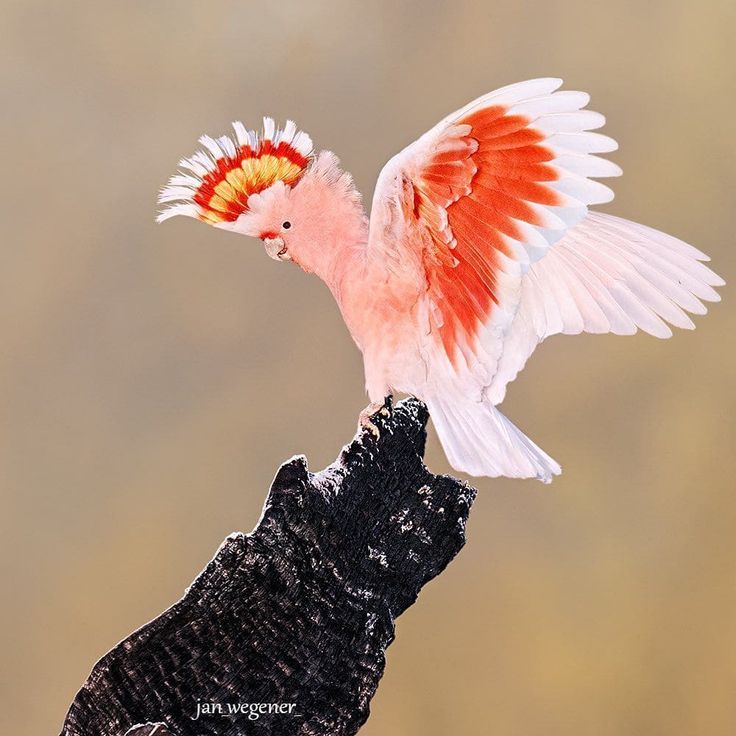




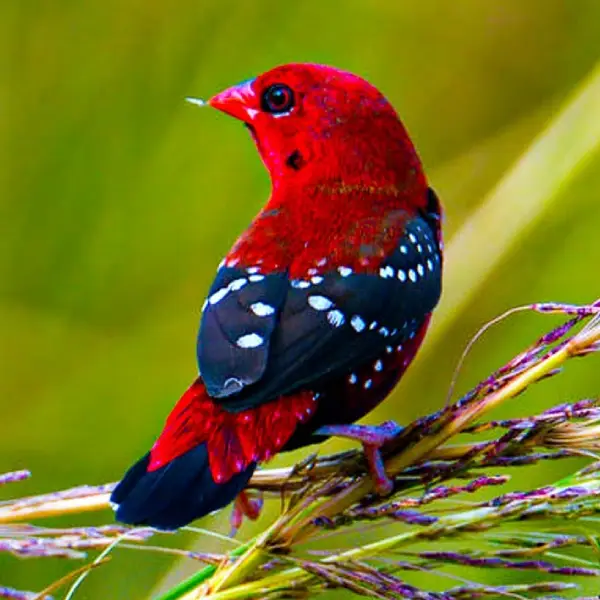
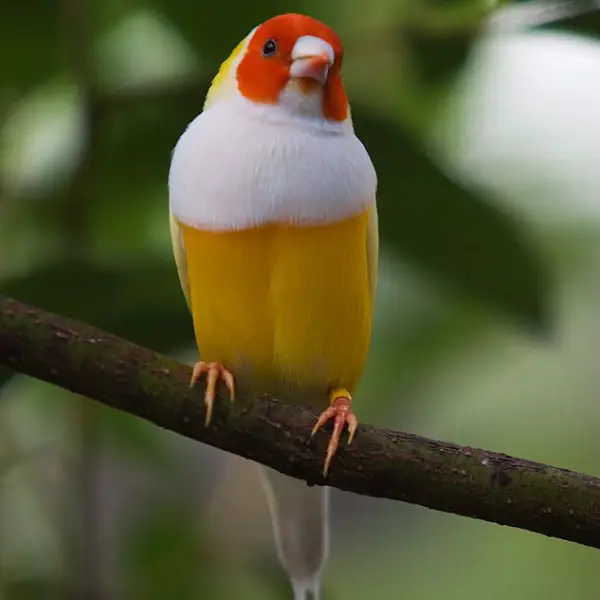
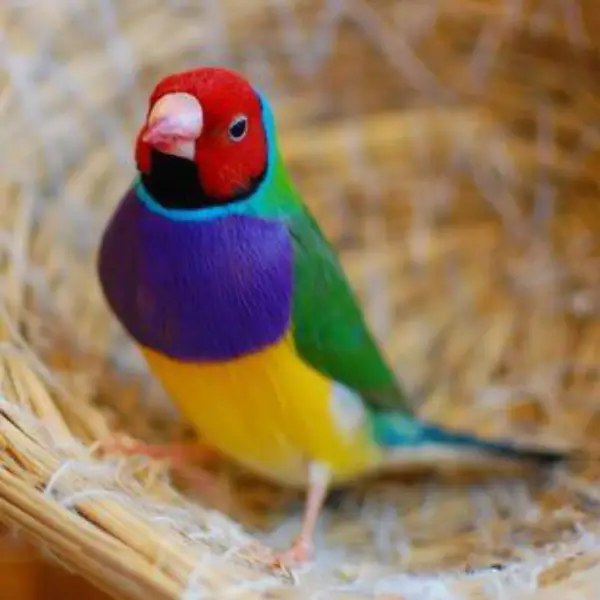
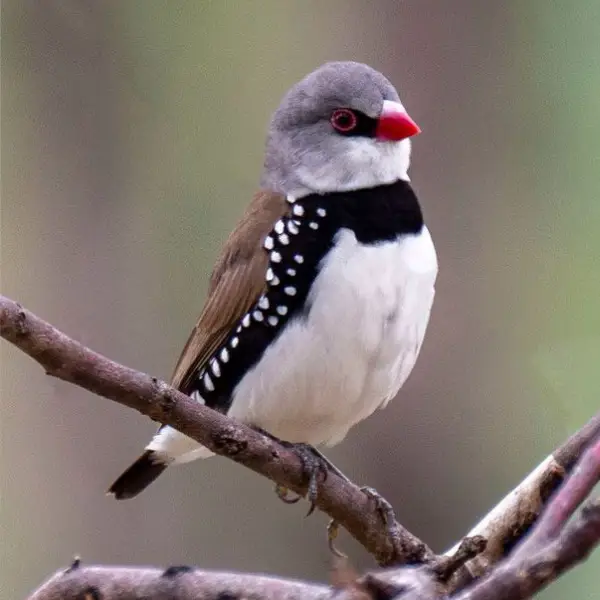
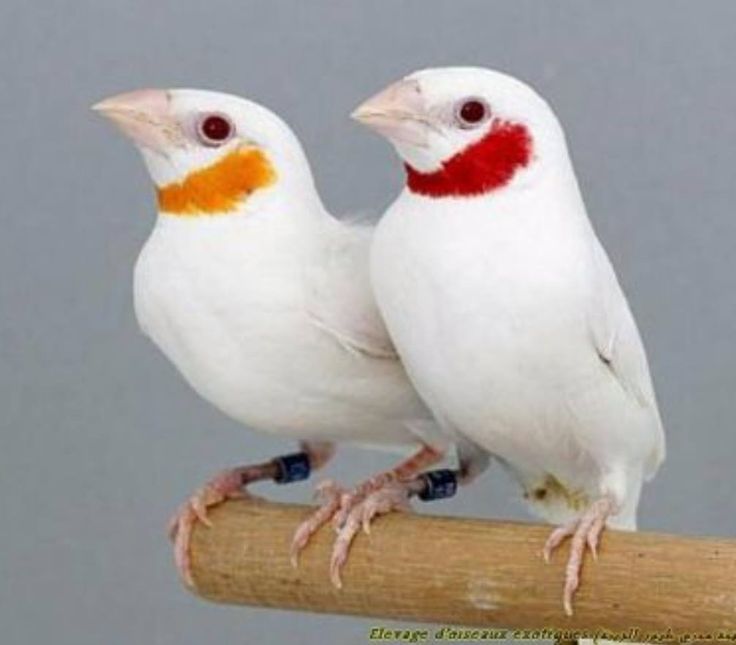
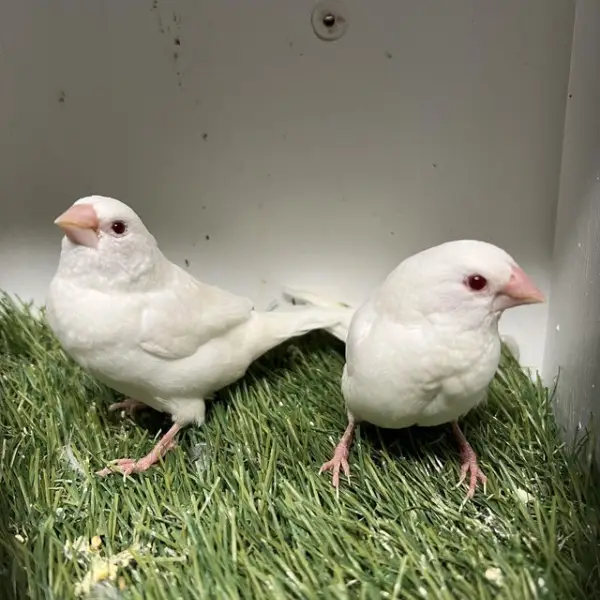

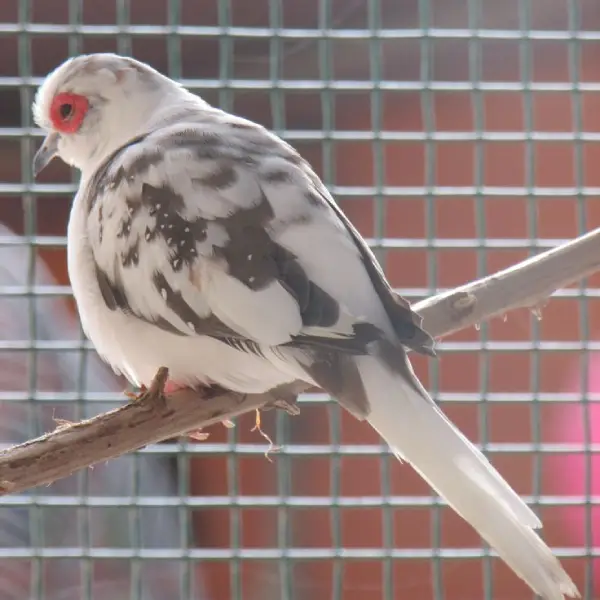
Reviews
There are no reviews yet.